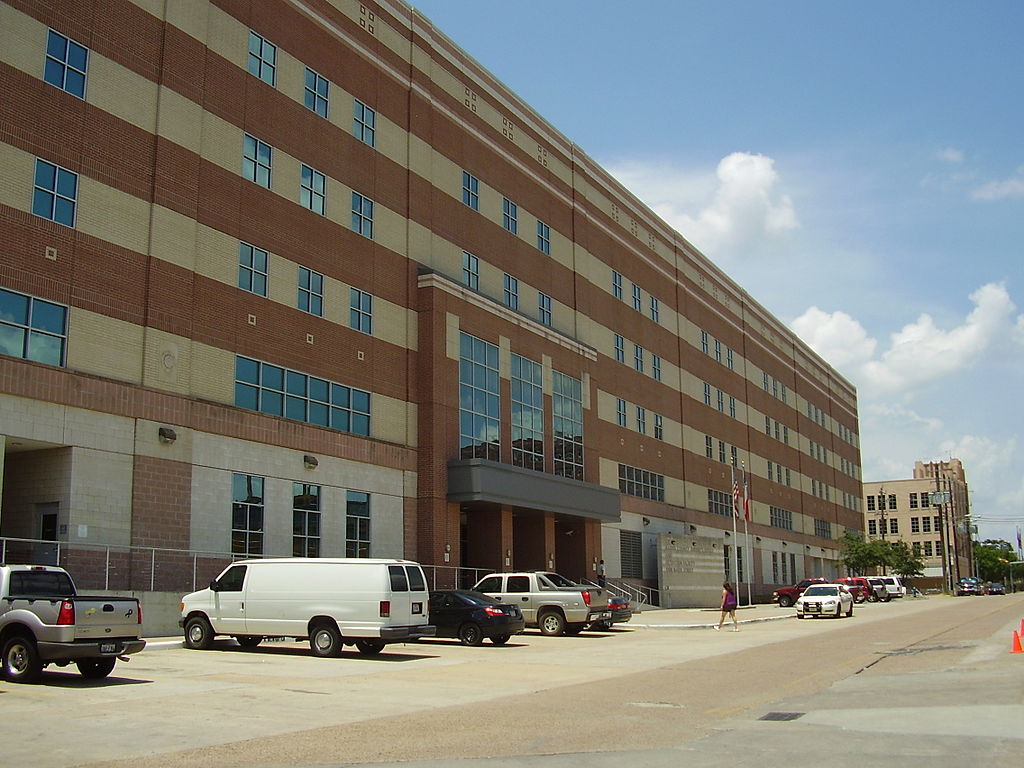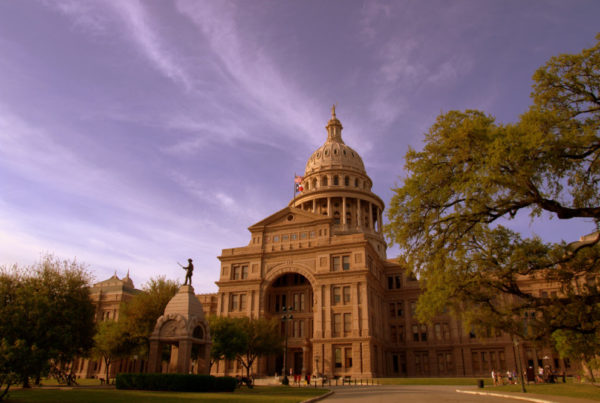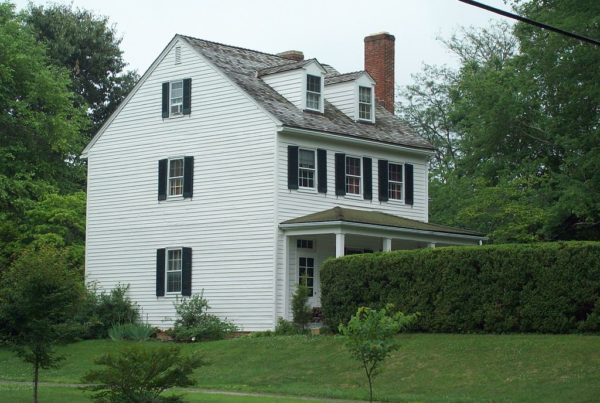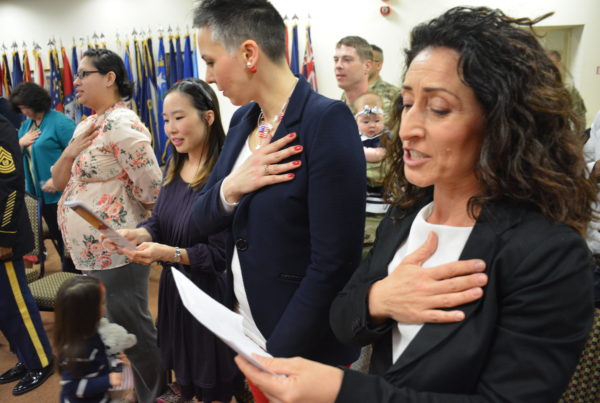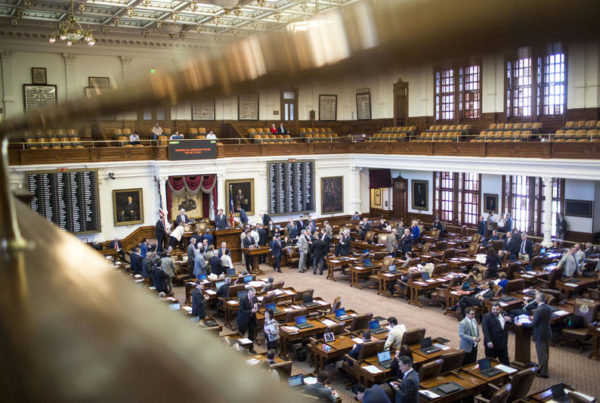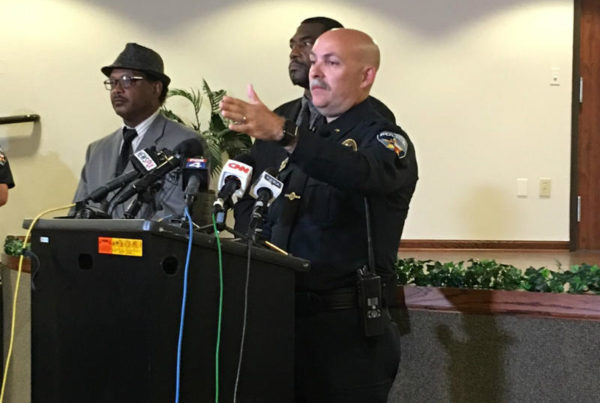A major court ruling last week found that the Harris County cash bail system is unconstitutional. The Houston Chronicle called the federal judge’s ruling “a scathing denouncement.” Chief U.S. District Judge Lee H. Rosenthal of the Southern District of Texas said the bail system is fundamentally unfair to the poor.
The order says that no person should be stuck in jail for a low-level offense, just because he or she can’t come up with the money to get out.
Sandra Guerra Thompson, professor, and director of the Criminal Justice Institute at the University of Houston Law Center, says that if the ruling takes effect, county officials will need to revamp the bail system, which is heavily reliant on the ability to jail those who are unable to pay.
“Currently [if] people arrested on low-level misdemeanors can’t afford money bail, the vast majority of them are going to sit in jail,” Guerra Thompson says. “If this ruling goes into effect, anyone arrested na Class A or B misdemeanor would have to be released within 24 hours, and cannot be held on a money bail amount.”
Guerra Thompson says the ruling applies only to Harris County, but that it could set a precedent for other jurisdictions that rely on a bail system for low-level offenders.
The court ruling states that the Harris County bail system violates the Constitution’s due process, and equal protection clauses, because charging bail without regard to whether an offender can pay forces that offender to remain in jail.
“In Harris County. where county officials use a validated risk assessment tool, we know that the individuals…do not present a risk of hurting the public, or not coming to court. So there’s no valid reason to hold these people. Nonetheless, the judges in the vast majority of cases are requiring that they pay money.”
Guerra Thompson says bail is arbitrary, and forces people to remain in jail just because they are poor.
The county’s validated risk assessment tool functions much the way an insurance company screening does, Guerra Thompson says, predicting which offenders are at risk of fleeing, or harming the public.
“There are thousands of people who present no risks, and who should be allowed to leave,” Guerra Thompson says. “Sixty six percent of the time, when the risk assessment says they present no risk and they ought to be allowed to leave, these judges are nonetheless requiring that they pay money.”
Guerra Thompson is hopeful that the Harris County ruling will act as a precedent for other courts.
“This is a very well-crafted, well-reasoned opinion that lays out the law, lays out the evidence,” she says. “And a lot of other jurisdictions have very similar systems, so what it does is enables litigants in other communities to also file lawsuits. And ultimately, if you have enough of these opinions, and they’re upheld by the Supreme Court, in could affect the whole country.”
Written by Shelly Brisbin.


